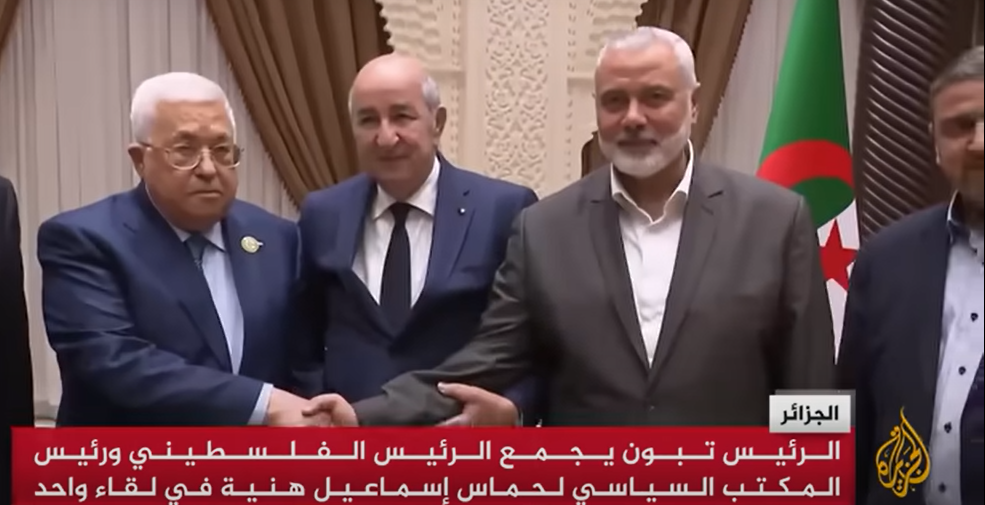Political circles in Jerusalem dismiss the Palestinian factions’ recent announcement in Beijing, China, regarding an agreement to establish a temporary national unity government for the Gaza Strip post-conflict.
They argue that this promise, made to please Chinese hosts, is unrealistic, likening the Fatah and Hamas movements to parallel lines that never meet.
The rift between these groups has persisted since 2007, following Hamas’ military coup that expelled the PA from Gaza.
Moreover, these sources suggest that Israel will occupy the entire Gaza Strip militarily and dismantle any remnants of Hamas’ governance.
Israel maintains that neither the PA nor Hamas can control the Strip due to their links to terrorism, proposing instead a different Palestinian government that aligns with Israeli interests.
A senior security official speculates that another motive behind the Palestinian factions’ agreement on post-war governance in Gaza is an attempt to impose their vision on Israel and the international community.
However, this official asserts that the Palestinians lack the leverage to enforce such outcomes.
The Palestinian public greeted the message from China with indifference, not taking the content seriously.
Past reconciliation efforts between Hamas and Fatah in Mecca, Doha, Sana’a, and Moscow have failed to materialize, further fueling skepticism.
It appears that both the PA and Hamas share an interest in projecting a false sense of national unity.
The PA and its leader, Mahmoud Abbas, face widespread disdain among Palestinians due to corruption and security cooperation with Israel, while Hamas has seen a decline in popularity in Gaza following the recent conflict on October 7.
Recently, the PA formed a technocratic government led by Mohammad Mustafa under American and European pressure to combat corruption and terrorism.
However, this government has struggled.
Now, senior Fatah officials claim that Mahmoud Abbas will consult with all factions to establish a temporary national unity government to prepare for governance in Gaza after the war.
The Beijing discussions revealed significant disagreements, particularly on recognizing Israel.
Hamas and Islamic Jihad opposed recognizing Israel, leading to the issue being brushed aside. Islamic Jihad issued a statement refusing to recognize Israel, and while other factions remained silent, these differences are expected to resurface.
In reality, despite the message from China, the Palestinians remain at an impasse since 2007, with ongoing accusations between factions.
Senior Fatah officials believe that Mahmoud Abbas is aware that the international community is unlikely to support a unity government involving Hamas post-October 7.
They suggest he is playing along, anticipating that the US will prevent the new government’s formation, thereby absolving him of responsibility




